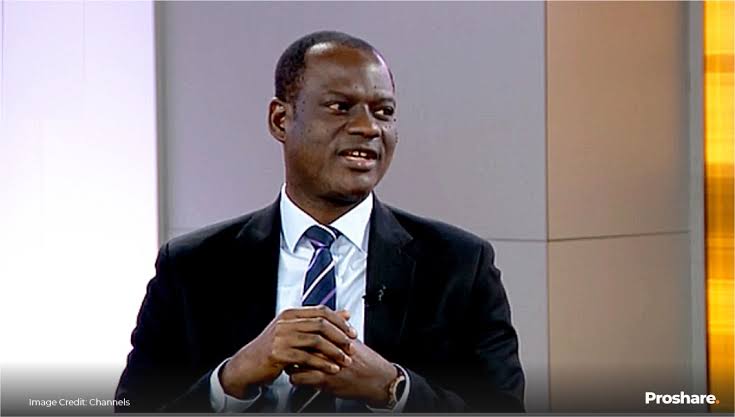The Chairman of the Presidential Committee on Fiscal Policy and Tax Reforms, Taiwo Oyedele, has dismissed accusations of sidelining Nigerian governors in the consultation process for proposed tax reforms.
The committee chairman instead blamed the governors for failing to attend multiple scheduled meetings.
Speaking on Arise Television, Oyedele emphasized the committee’s wide-ranging consultations, which included engaging over 120 northern Muslim clerics and the League of Democrats to explain the implications of the reforms.
The clarification comes after elder statesman Buba Galadima accused the committee of favouring Ogun and Lagos states, claiming consultations were limited to Lagos State’s governor while other governors were ignored.
Galadima also alleged that some committee members disavowed the report and accused Oyedele of making unilateral decisions.
Refuting these claims, Oyedele highlighted the committee’s inclusive composition, featuring representatives from 20 government institutions, private sector stakeholders, and 45 students from 22 universities.
He detailed consultations with various groups, including finance commissioners, Internal Revenue Service (IRS) officials, manufacturers, SMEs, and FinTech organizations.
On the issue of governors, Oyedele disclosed that the committee invited six governors—one from each geopolitical zone—but only managed to meet the Lagos State governor and the deputy governor of Kaduna State.
He revealed that the Governors’ Forum cancelled four planned meetings and restricted the committee to a brief 15-minute discussion during a late-night session.
Oyedele defended the urgency of the reforms, citing Nigeria’s pressing economic challenges and the need to implement changes within the current administration’s tenure.
He dismissed claims of unilateral decision-making, asserting that all provisions were debated and decided through voting.
Addressing concerns over specific provisions, including a derivation-based Value Added Tax (VAT) model opposed by northern governors, Oyedele urged critics to provide evidence for their allegations or engage constructively.
The tax reform bills—comprising the Nigeria Tax Bill 2024, the Tax Administration Bill, the Nigeria Revenue Service Establishment Bill, and the Joint Revenue Board Establishment Bill—have sparked debates, particularly in northern Nigeria.
Despite opposition, the bills have been presented to the National Executive Council (NEC), Federal Executive Council (FEC), and the National Assembly.
These reforms aim to restructure the tax system for greater fairness and efficiency. Oyedele reiterated the committee’s readiness to engage with all stakeholders to address concerns and ensure transparency in the process.
